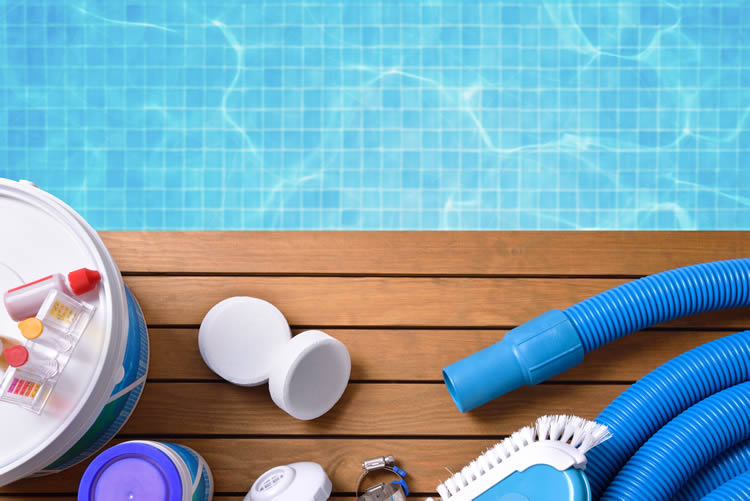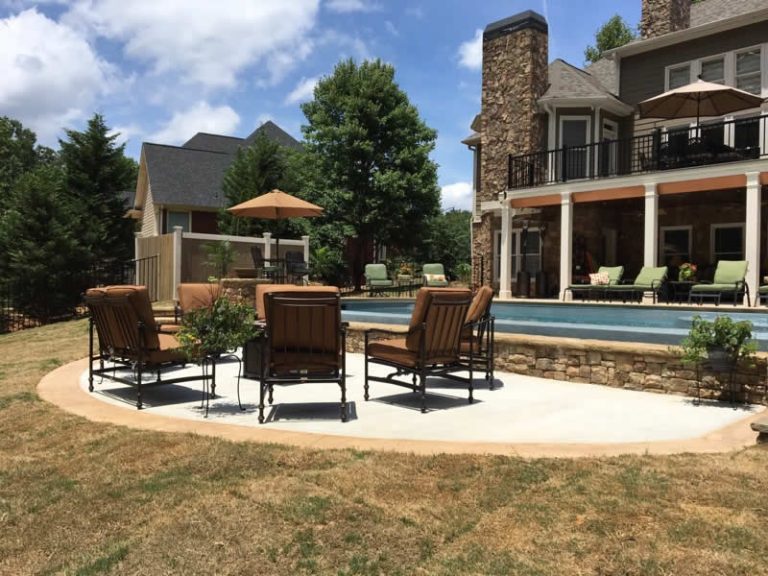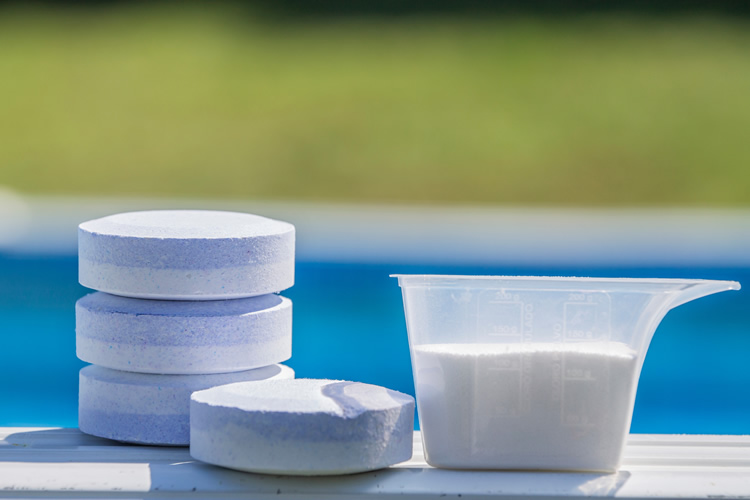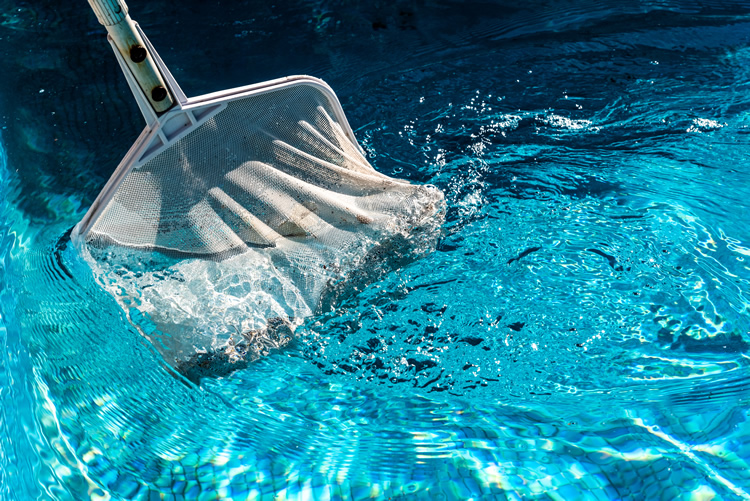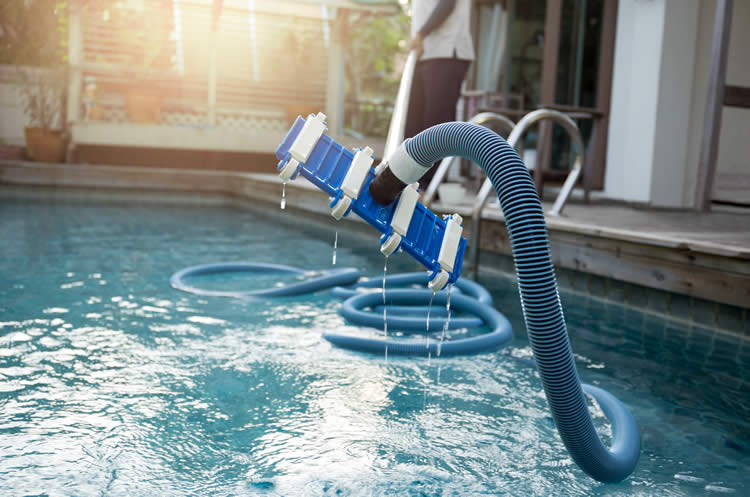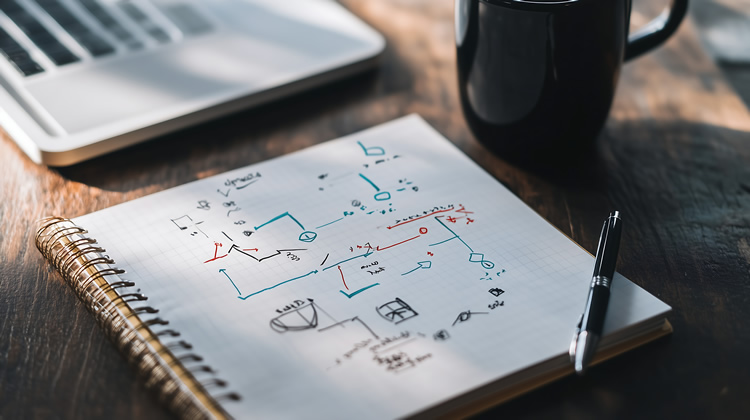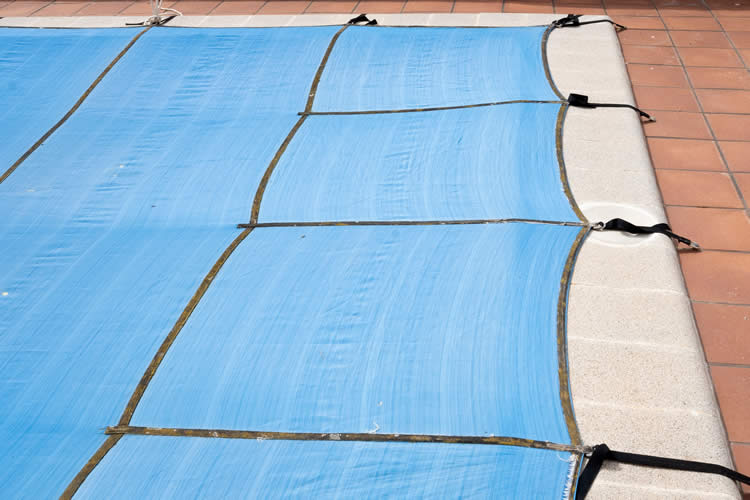Essential Pool Maintenance Tips Every Homeowner Should Know
Owning a pool is one of life’s best luxuries — until it turns cloudy, the pump starts groaning, or algae shows up overnight. That’s when most new pool owners realize: a pool isn’t just a big bathtub. It’s a small ecosystem that needs balance, care, and consistency.
The good news? Pool maintenance doesn’t have to be overwhelming. Once you understand the basics — how the water works, what your equipment does, and how small habits prevent big problems — you’ll find that upkeep becomes routine, even relaxing.
Here’s a simple guide to keeping your pool healthy year-round, written from years of hands-on Georgia experience.
1. Circulation: Keep the Water Moving
Circulation is everything. Stagnant water breeds algae, traps debris, and makes chemicals less effective.
Your pool’s pump and filter should run long enough each day to move all the water through the system — that’s called the “turnover rate.” Most systems need 6 to 8 hours of circulation daily, though during heavy use or summer heat, it can go up to 10 or 12 hours.
If you notice dead spots where debris tends to collect — corners, steps, or benches — adjust your return jets slightly. You want water moving gently but continuously in a circular pattern.
A variable-speed pump makes this easy and energy-efficient. It can run longer at lower speeds, saving electricity while keeping the water pristine.
2. Filtration: The Unsung Hero
Even perfect chemistry won’t save you if your filter isn’t working. The filter is the pool’s liver — it removes everything you can’t see, from sunscreen oils to microscopic particles.
There are three main types:
- Sand Filters: Easy to use, low maintenance. Backwash when the pressure rises 8–10 psi above normal.
- Cartridge Filters: Capture finer debris but require manual cleaning every few weeks.
- DE Filters (Diatomaceous Earth): Filter down to the smallest particles but require more upkeep.
Keep an eye on your pressure gauge. Rising pressure means your filter is getting dirty. Ignoring it forces your pump to work harder, which shortens its life and raises your power bill.
A clean filter means clean water — and a happy pump.
3. Chemistry: Balance Is Everything
This is the part that intimidates people most, but it doesn’t need to. Once you understand the basics, pool chemistry becomes second nature.
Here are your core chemical targets:
- pH: 7.4–7.6
- Chlorine: 1–3 ppm
- Alkalinity: 80–120 ppm
- Calcium Hardness: 200–400 ppm
- Stabilizer (CYA): 30–50 ppm
Test your water at least twice a week during swim season — daily if the pool is heavily used or it’s rained recently. A basic test kit or digital reader will do fine.
Low pH makes the water corrosive, damaging metal parts and plaster. High pH causes cloudy water and scale buildup. Alkalinity acts as a buffer to keep pH stable.
Think of your chemistry like a team: each player supports the others. Ignore one, and the rest fall out of balance.
4. Cleaning: A Little Each Week Beats a Big Job Later
Even the best filters can’t catch everything. Regular brushing and vacuuming are what keep the pool surfaces healthy and the water inviting.
- Brush the walls weekly to prevent algae and calcium buildup.
- Vacuum once a week — manually or with an automatic cleaner.
- Skim the surface daily during leaf season.
- Empty skimmer baskets often to maintain strong suction.
If you use a robotic cleaner, check and clean its filter bag regularly. It’s doing the hard work, but even robots need a little love.
A quick 10-minute touch-up a few times a week can save you hours of frustration down the line.
5. Keep an Eye on Water Level
This one’s easy to miss but surprisingly important. Your water level should always stay halfway up the skimmer opening. Too low, and you’ll suck air into the pump. Too high, and the skimmer can’t catch debris effectively.
After a heavy rain, check and drain if needed. During hot summer days, evaporation may drop the level quickly — especially in Atlanta’s mid-season heat.
6. Maintain Equipment the Right Way
Your pool equipment is like the engine of your backyard — treat it well, and it’ll run quietly for years.
- Check pump lids and O-rings for cracks or leaks.
- Lubricate gaskets lightly once a season.
- Inspect hoses and unions for drips or air bubbles.
- Clean the pump basket weekly — clogged baskets strain the motor.
Schedule a professional inspection once a year. A trained technician can spot early warning signs like voltage drops, motor wear, or pressure irregularities before they cause major issues.
7. Seasonal Tips for Georgia Pools
Georgia’s seasons are mild but still affect your pool.
Spring: Shock the pool, clean the filter, and inspect for leaks or cracks before the first swim.
Summer: Test chemistry often — heat accelerates chlorine loss.
Fall: Remove leaves frequently and balance the water before closing or covering.
Winter: If you don’t close your pool, run the pump during freezing nights to prevent line damage.
Keeping up with the rhythm of the seasons prevents small issues from becoming springtime surprises.
8. Know When to Call for Help
There’s a big difference between a do-it-yourselfer and a pool technician — and knowing when to call one can save you serious money.
If you notice cloudy water that won’t clear, pressure that fluctuates wildly, or a pump that’s suddenly loud, it’s time to get a pro involved.
A good pool service isn’t just about cleaning; it’s about diagnosing problems before they cost you thousands.
The Takeaway
Pool maintenance doesn’t have to be complicated or stressful. Like most things worth having, it’s about consistency.
Check your chemistry, clean a little each week, and listen to your equipment. When something sounds or looks off, deal with it early.
Do that, and you won’t just have a pool that looks great — you’ll have one that runs quietly, efficiently, and safely for years to come.
And that’s the real goal: less work, more swimming, and a backyard that always feels like a mini vacation.
Let’s Talk …
Let us take care of your Pool & landscape
At Aqua Fun, we don’t just build pools — we build relationships that last for seasons to come. Our team takes the time to understand your space, your needs, and how you actually use your backyard. Then we craft solutions that make every swim, soak, or gathering more enjoyable. It’s not about selling you more; it’s about helping you get it right.
If you’ve been thinking about improving, repairing, or re-imagining your pool, let’s talk. We’ll meet you where you are, explain your options clearly, and make sure the whole process feels simple and stress-free. That’s the Aqua Fun way — real people, real care, and results that speak for themselves.
Mon – Fri
8:00 – 6:00

